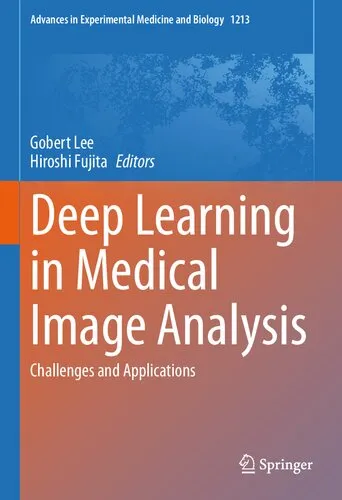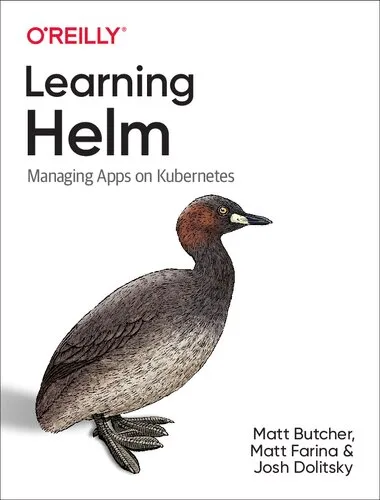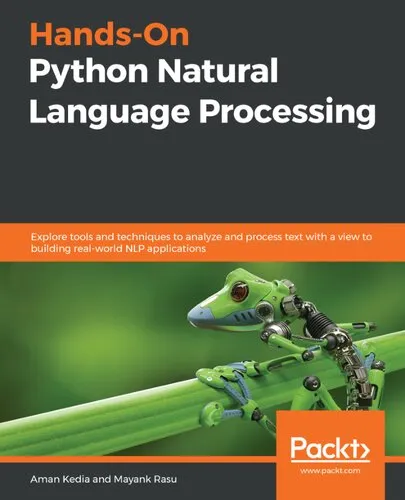Artificial Intelligence in Medical Imaging: Opportunities, Applications and Risks
4.5
Reviews from our users

You Can Ask your questions from this book's AI after Login
Each download or ask from book AI costs 2 points. To earn more free points, please visit the Points Guide Page and complete some valuable actions.Related Refrences:
Introduction to Artificial Intelligence in Medical Imaging: Opportunities, Applications and Risks
The field of medical imaging is undergoing a transformative revolution, driven by the rapid advancements in artificial intelligence (AI) technologies. Artificial Intelligence in Medical Imaging: Opportunities, Applications and Risks serves as a comprehensive guide to understanding how AI is reshaping the landscape of imaging diagnostics, treatment planning, and patient care. This book dives deeply into the potential benefits, practical applications, ethical implications, and possible risks associated with integrating AI into medical imaging workflows.
Written by experts Erik R. Ranschaert, Sergey Morozov, and Paul R. Algra, this book combines scientific rigor with practical insights, making it an invaluable resource for radiologists, healthcare professionals, policy makers, and data scientists. Each chapter is crafted to offer an in-depth exploration of how AI technologies—including machine learning, deep learning, and computer vision—are paving the way for innovations in radiology, while also addressing the challenges of adoption and implementation. Whether you're intrigued by the promise of autonomous AI systems or concerned about their ethical ramifications, this book provides the information you need to navigate this exciting field responsibly.
Detailed Summary of the Book
The book is divided into well-structured sections that guide the reader through the different aspects of AI in medical imaging, starting with a foundation of what AI entails and evolving to more complex discussions of its presence and implications in healthcare.
- Foundations of Artificial Intelligence: The beginning chapters provide a concise yet thorough introduction to AI concepts, types of machine learning, and how these technologies apply to image processing in clinical settings.
- Key Applications in Radiology: This section discusses how AI is applied to improve diagnostic accuracy, automate mundane tasks, and predict patient outcomes, with examples from real-world clinical cases.
- Ethical and Regulatory Challenges: The book delves into the risks posed by AI algorithms, from data privacy issues to algorithmic bias and the potential for misuse.
- Clinical Integration and Adoption: Practical advice for radiologists and administrators on how to incorporate AI tools into existing workflows effectively while fostering collaboration among key stakeholders.
Key Takeaways
Here are some of the most important insights you'll gain from this book:
- AI as a Collaborative Tool: AI is not a replacement for radiologists but a powerful augmentation tool. Human expertise remains critical in interpreting results and solving complex cases.
- Improved Efficiency: AI can handle repetitive tasks and large volumes of data, freeing up radiologists to focus on cases requiring deeper analysis.
- Risks and Limitations: Despite its promise, AI faces challenges such as biased datasets, lack of transparency in algorithm design, and regulatory hurdles.
- The Need for Collaboration: Interdisciplinary partnerships—between clinicians, engineers, and policymakers—are essential for the ethical and effective deployment of AI in medical imaging.
Famous Quotes from the Book
The book is rich with thought-provoking quotes that highlight the opportunities and critical issues in applying AI to medical imaging. Below are a few notable examples:
"Artificial intelligence has the potential to transform radiology, not by replacing radiologists, but by expanding what is humanly possible in imaging diagnostics."
"As we develop AI tools, we must remember that our ultimate responsibility is to the patient, ensuring their safety, privacy, and trust."
"The future of radiology lies in collaboration—between humans and machines, between technologists and healthcare providers, and between innovation and ethics."
Why This Book Matters
With AI poised to revolutionize healthcare, particularly in the field of medical imaging, this book is an essential primer for anyone involved in this evolving domain. The authors provide a balanced perspective by celebrating innovation while critically examining the challenges and risks that come with it.
Medical imaging professionals, policy makers, and data scientists will find invaluable insights and actionable advice within these pages. Beyond the technical content, the book emphasizes the importance of ethics, equity, and collaboration, ensuring that AI serves as a force for good in medical practice. It bridges the gap between theoretical knowledge and practical application, making it relevant for both technical and non-technical readers interested in the intersection of AI and healthcare.
As the field of radiology continues to evolve alongside advancements in artificial intelligence, Artificial Intelligence in Medical Imaging: Opportunities, Applications and Risks ensures that readers are equipped to embrace the opportunities while responsibly navigating the challenges. In an era of rapid technological progress, this book provides the clarity and guidance necessary to harness the true potential of AI in transforming patient care.
Free Direct Download
You Can Download this book after Login
Accessing books through legal platforms and public libraries not only supports the rights of authors and publishers but also contributes to the sustainability of reading culture. Before downloading, please take a moment to consider these options.
Find this book on other platforms:
WorldCat helps you find books in libraries worldwide.
See ratings, reviews, and discussions on Goodreads.
Find and buy rare or used books on AbeBooks.
1317
بازدید4.5
امتیاز0
نظر98%
رضایتReviews:
4.5
Based on 0 users review
Questions & Answers
Ask questions about this book or help others by answering
No questions yet. Be the first to ask!
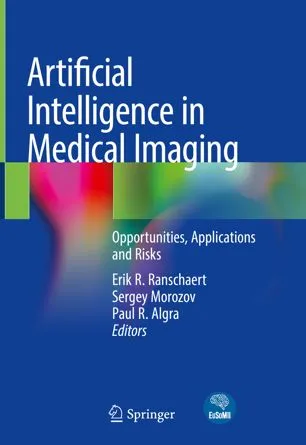

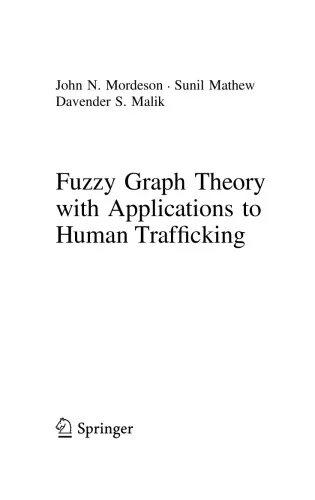


![Building Data Science Applications with FastAPI: Develop, manage, and deploy efficient machine learning applications with Python [Team-IRA]](https://s3.refhub.ir/images/thumb/Building_Data_Science_Applications_with_FastA_31328.webp)

